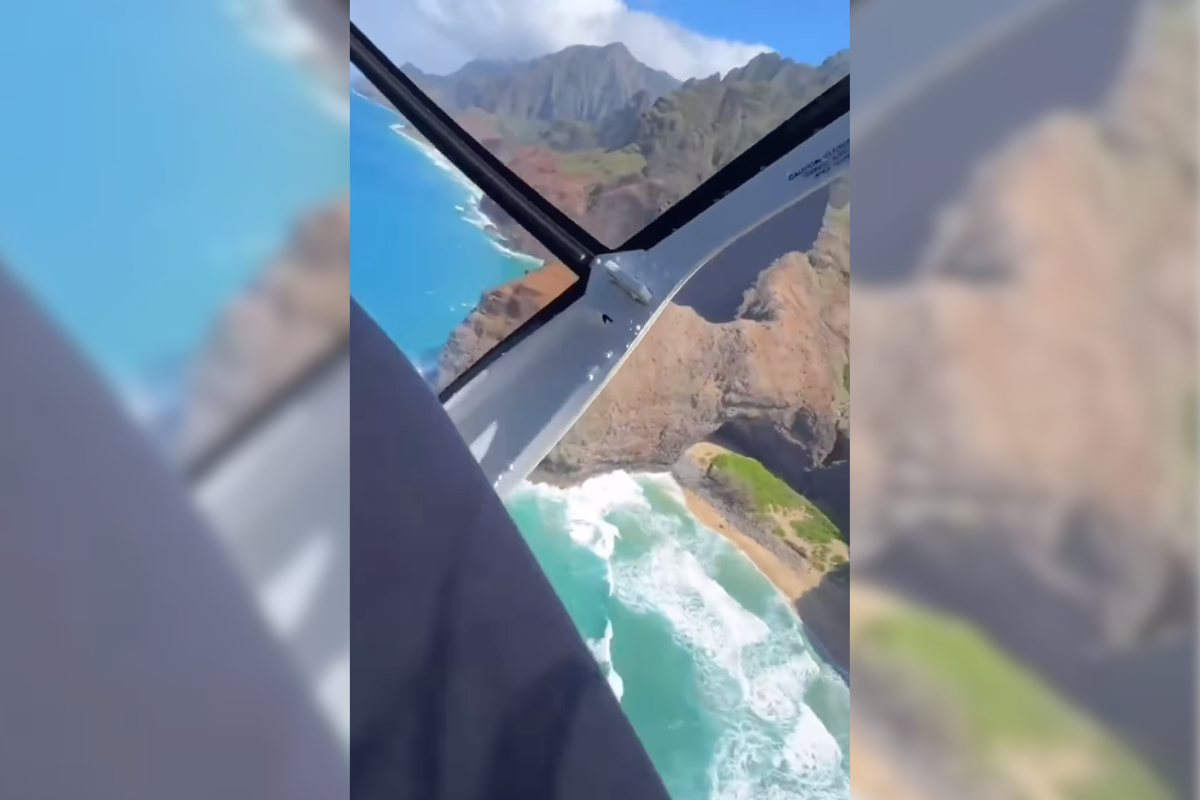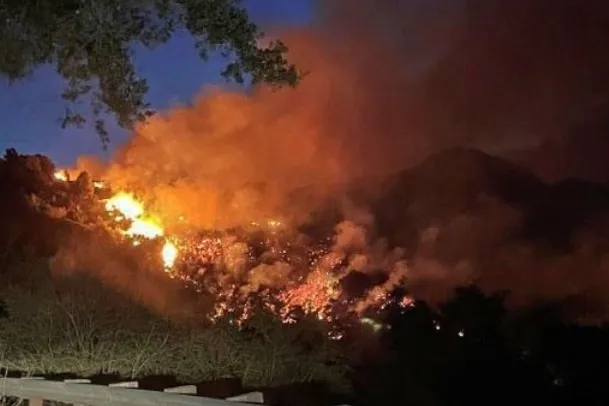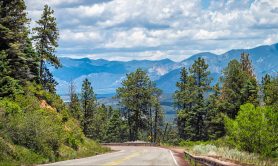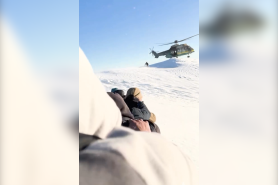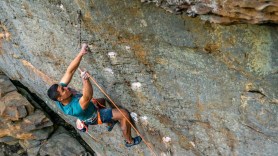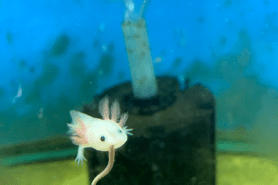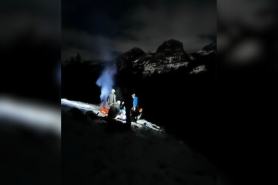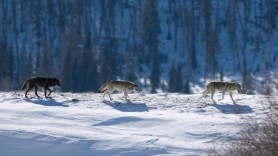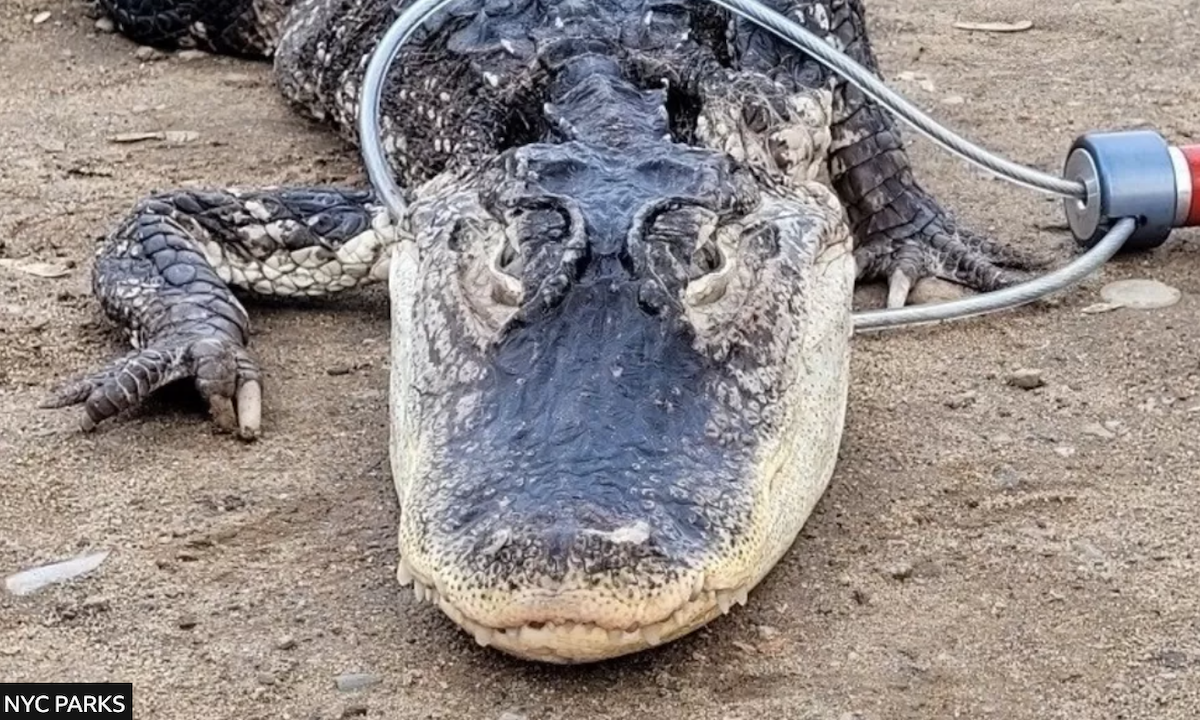

Usually, the most dangerous thing you’ll encounter in New York’s Prospect Park is an overly aggressive pigeon. So, imagine the surprise of park staff when they spotted a large alligator emerging from one of the ponds. The beast, which measured a full four feet long, sent onlookers running. He was quickly nicknamed Godzilla.
Videos by Outdoors
After the sighting, the park’s authorities were immediately notified, and staff members were dispatched to capture the Prospect Park alligator. When they managed to catch Godzilla, he was then transported to the Bronx Zoo, where he was further evaluated and received special care.
The roaming reptile had likely been out on its own for some time, as it was reportedly in poor condition. Godzilla may also have been suffering from cold shock. While it’s been a warm, dry winter in New England this year, temperatures in Prospect Park still only reached highs of about 48°F the day Godzilla was found. In general, New York conditions are far cooler than gators, which are native to Florida wetlands, are adapted to handle. According to NYC Parks, Godzilla was “very lethargic,” another symptom of weakness and cold.
It’s still unknown how the alligator ended up in the lake. To avoid any potentially similar incidents in the future, NYC Parks has warned residents not to release pets or other animals into the city’s parks, as this can lead to “unhealthy water quality and the elimination of native species.” In other words, there’s some concern that illegally released gators could start eating everything in sight. While no onlookers were harmed by Godzilla’s “rampage” throughout the park, it’s hard to say how the fish or other pond critters may have fared.
If you happen to see an animal that’s been abandoned, the best thing to do is leave the animal alone—especially if it’s a large carnivore. Then, notify a park ranger or other relevant authorities. It may be tempting to try and launch your own rescue, but you could end up harming the animal or yourself.
